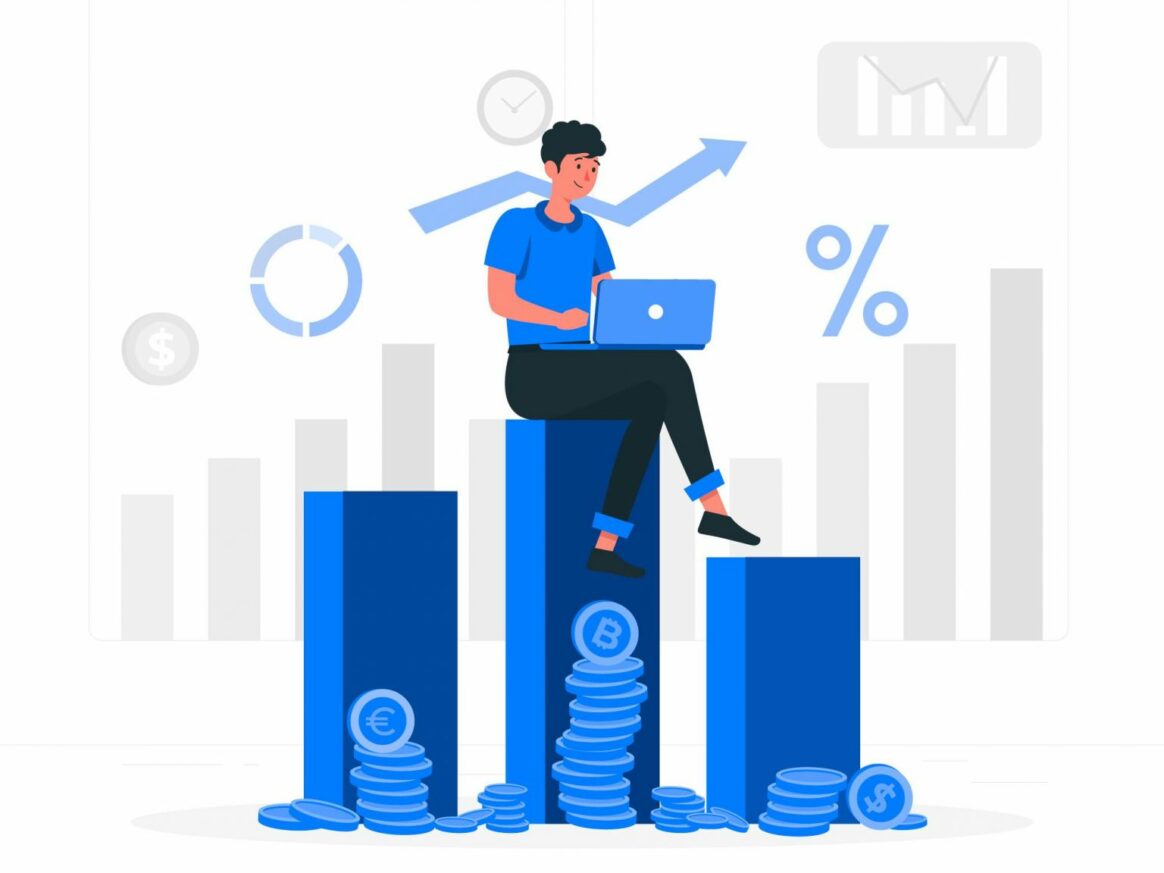Impact of Equity Financing in Raising Debt | Marquee Equity
Impact of Equity Financing is often referred to as financial leverage. Taking on additional debt, the company gives the assurance to repay the loan and incurs the cost of interest. Read more.
By teammarquee . March 8, 2023

We all have come across different types of equity financing and debt options available in the market, and we often wonder where to invest. If you are someone facing the same dilemma, then a company’s credit rating can be your best bet for a safe investment.
Want to know how? Then keep reading
A credit rating is a numerical evaluation of a borrower’s creditworthiness, either generally or in relation to a specific debt or financial obligation. Any organisation looking to borrow money, including individuals, corporations, state or local authorities, and sovereign governments, can be given a credit rating.
The Credit reporting agencies like CRISIL, ICRA etc., rate the creditworthiness of debt instruments like corporate bonds, government bonds, certificates of deposit or other debt instruments on a three-digit alpha-numeric scale. International credit rating organisations like S&P Global, Moody’s, or Fitch Ratings determine the credit ratings for businesses and governments.
In 1909, Moody’s was the first organisation to publish credit ratings for debt and equity instruments to the general public, and other organisations soon followed. Before 1936, when a new law prohibiting banks from investing in speculative bonds—that is, bonds with poor credit ratings—was implemented, these ratings had little impact on the market.
The intention was to reduce the possibility of default, which may result in monetary losses. Other businesses and financial organisations rapidly embraced this technique. Relying on credit ratings became the norm.
Importance of Credit Ratings
The rating organisations do extensive due diligence before assigning credit ratings to equity debt instruments issued by borrowers. Although a borrower will seek to maintain the best credit rating possible since it significantly influences the interest rates and the cost of debt capital, rating agencies must take a fair and impartial assessment of the borrower’s financial status and ability to service and repay the loan.
The approval of a borrower for a loan and the cost of debt capital and interest rate are all based on their credit rating. Being turned down for a loan might be disastrous because businesses depend on debt and equity finance loans for growth and expansion. A loan with a high-interest rate is considerably more difficult to repay. Which lenders will offer you the loan will depend on your company’s credit score. A company with an excellent credit rating will not need the same lender as someone with fair or even bad credit.
Credit ratings also heavily influence the choice of whether or not to provide debt equity finance to a company. A dangerous investment is one made in a company with a bad credit rating. That’s because it shows a higher likelihood that the corporation won’t be able to pay its debt and equity obligations.
Because credit scores keep fluctuating, borrowers must work hard to keep them at a high level. One bad debt will lower even the finest score, which fluctuates often based on the most recent data.
Factors Affecting Credit Rating
When grading a potential borrower, credit rating institutions consider several criteria. An agency first takes into account the entity’s prior borrowing and debt repayment history. The rating may be impacted negatively by a history of late payments, defaults, or bankruptcies.
Additionally, the agency considers the borrower’s cash flows and existing debt to capital ratio. The credit rating will improve if the company generates consistent revenue and the future appears promising. The borrower’s credit rating will drop if there are concerns about their economic prospects.
Some of the elements that may affect a company’s or government borrower’s credit rating include the following:
- If the company’s payment history includes any late or defaulted payments.
- The total amount of debt and equity financing as well as the kind of their debt.
- The current cost of debt capital raised, the company’s income and cash flows.
- The existing debt to capital ratio of the company.
- The organisation’s or company’s market forecast.
- Any administrative problems that can delay debt repayment.
Remember that credit rating contain some subjective decisions, and even a company with a perfect payment history may receive a downgrade if the rating agency judges that the company’s capacity to make repayments has altered.
Impact on Capital Structure
Credit ratings directly impact several laws governing financial institutions and investment intermediaries. For instance, the capital requirements for investments made by insurance companies are determined by credit ratings and are set by various market regulators. Credit ratings have become more important as a result, and they may impact various stakeholders, including financial regulators, banks, insurance providers, mutual funds, pension funds, securities businesses, and other participants in the capital market. Credit ratings also influence the cost of borrowing; as a result, a company would either incur greater costs on debts raised or rely solely on equity financing for its growth and expansion. This implies that a company with a lower credit score will pay a higher interest rate than a competitor with superior ratings.
In the financial markets, credit ratings serve two crucial functions. The primary responsibility entails information publication. The importance of this information stems from its correctness and timeliness, both of which are essential to the valuation procedures. Because credit ratings offer accurate benchmarking of the credit quality, their second function is to make it easier for parties to enter into equity debt contracts. According to Bosch and Steffen, credit ratings are considered even before a company is listed on the stock market and starts raising funds through equity financing. Credit ratings are of the utmost importance in decreasing information asymmetry. Information asymmetry, according to Panetal, has a significant impact on the choice of finance.
Therefore, companies put in a lot of effort to improve their credit rating to boost their reputation, which will impact their debt equity finance. Such actions would have a substantial impact on the firm’s capital structure and cost of capital.
It is important to remember that the mix of debt and equity financing, also called the company’s capital structure, may impact credit ratings. Thus, credit ratings bring in financial openness and allow investors to invest in safer equity financing or debt instruments, thus bringing financial stability to the nation.
Summing Up
The company’s credit rating is a business counterpart of a personal credit score. An alphabetical scale of D to AAA is used to assess the debts of company or government debtors instead of a numerical scale of 300-850 range used to rate an individual’s credit score. These credit scores show the propensity of a borrower to make interest payments or repay equity finance loans. A borrower with a poor credit rating may have to pay higher interest rates on their debts compared to one with a better credit score.
We optimize & accelerate growth for already great products.

Business Investors Near Me: A Local Perspective
Local investors are the heartbeat of community-driven growth. Beyond funding, they bring insights, connections, and shared values. In the nexus of business and locality, their presence becomes a catalyst, propelling businesses to thrive within the unique tapestry of our local landscape.









